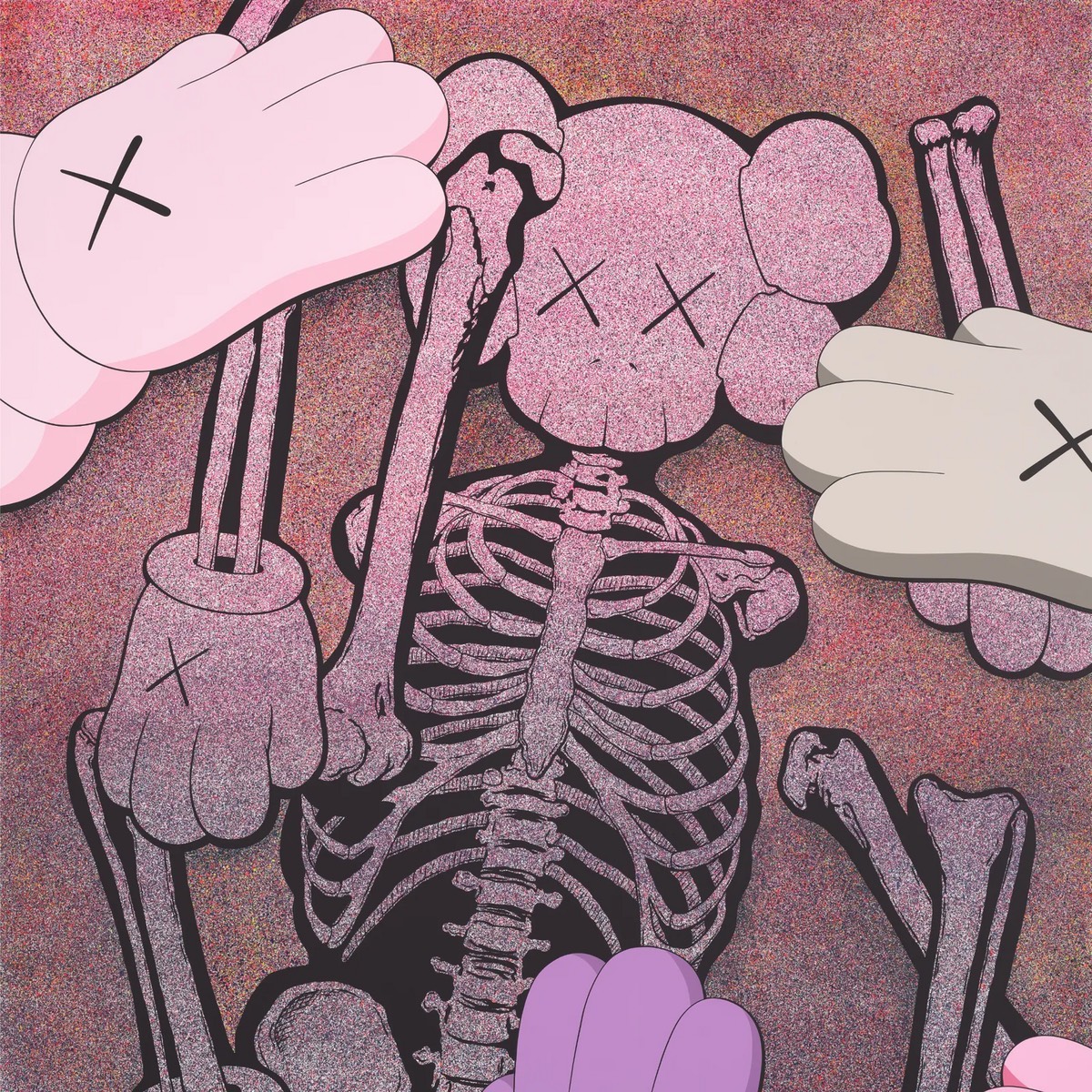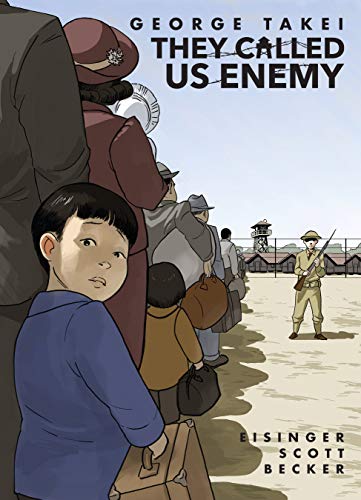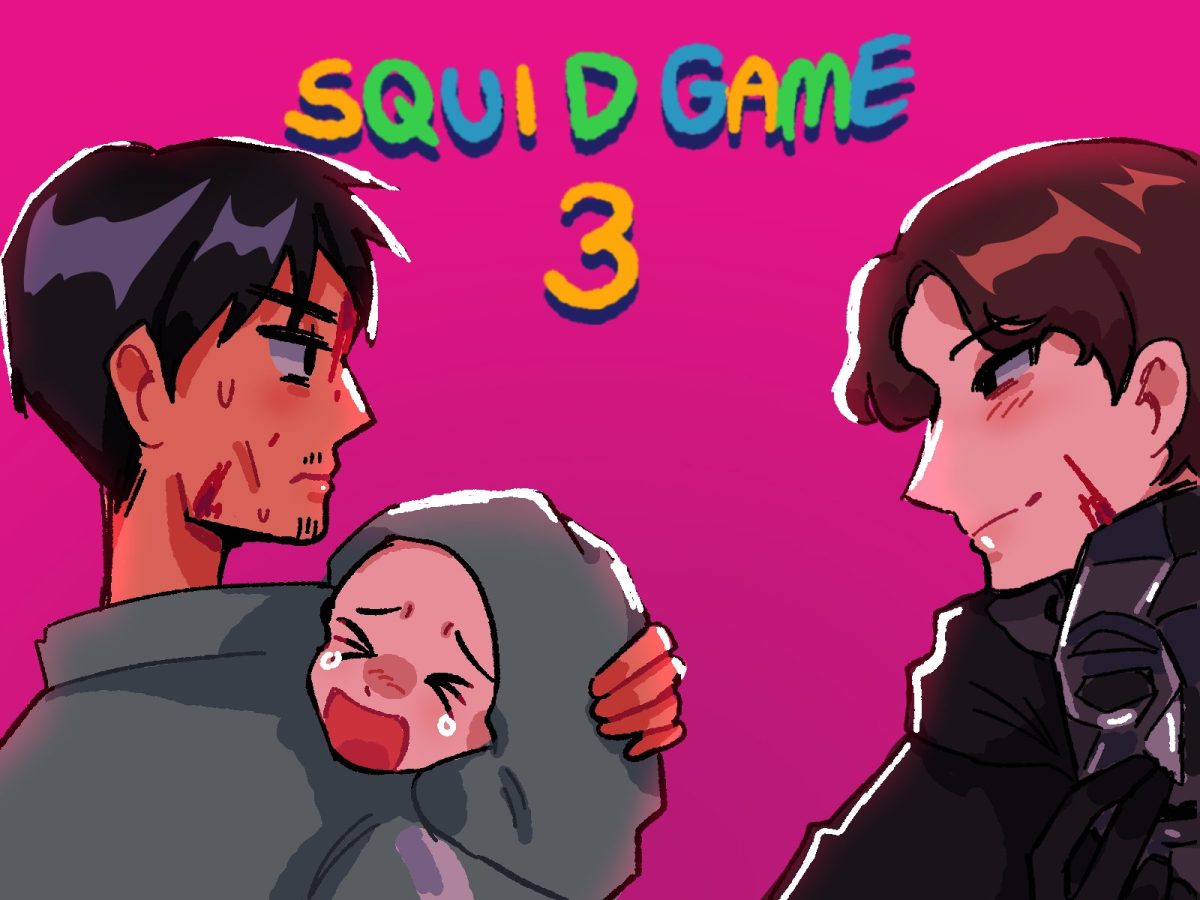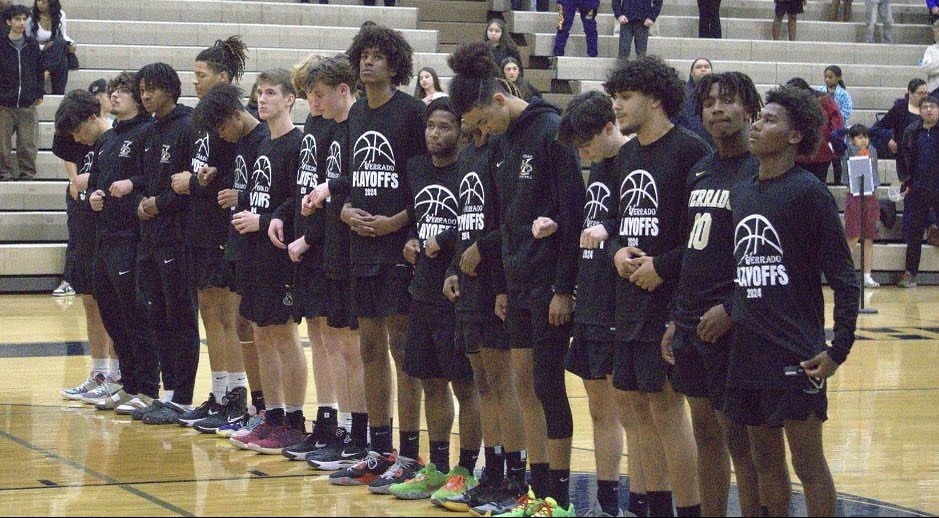On March 18th, the fifth installment of the Hunger Games series, Sunrise on the Reaping, released to readers worldwide. Fans were eager to get their hands on the book, as the novel tells the story of the fan favorite Haymitch Abernathy, and how he won the Hunger Games. However, there’s more to this book than the compelling action and breathtaking twists.
The Hunger Games books have always been political commentary in some fashion, and focus heavily on the dangers of capitalism. Suzanne Collins, the author of the Hunger Games novels, is known to only write and release another addition to the series when she has something to say about the political climate of the world. And Collins had no shortage of words for her commentary in this installment.
The book opens with Haymitch waking up on the morning of the Reaping, the ceremony in which tributes are chosen for the Hunger Games. Coincidentally, it’s also his 16th birthday. When Haymitch attends the ceremony, the male tribute that is called to the stage attempts to escape, and is brutally shot. Haymitch’s girlfriend Lenore Dove retaliates and is attacked by Peacekeepers, the military force that maintains order in the Districts. Haymitch intervenes, and as punishment is chosen to replace the dead tribute. This can be taken as commentary on the violence and punishments inflicted on protesters in America. Because of the Israel-Palestine conflict, many supporters of Palestine have taken to the streets of cities and college campuses to protest against the U.S.’s support of Israel. Often, these protests are met by heavy resistance from police. This is very similar to Haymitch’s ordeal, as Lenore Dove and Haymitch face brutal punishment for their protest of the murder of the original male tribute.
When Haymitch takes the stage and the Reaping ends, champagne is offered to the staff that helped conduct the ceremony. The server initially offers some to Haymitch, before quickly withdrawing when remembering Haymitch’s age. This seems to allude to how young people can be trusted to be parents under many states’ abortion laws and regulations, yet aren’t trusted to partake in more simple endeavors like drinking. Haymitch is seen as old enough to compete in a lethal game in which he will face many horrors that will traumatize him for life, yet isn’t seen as old enough to have a sip of wine.
When the tributes are whisked away to the train station to travel to the Capital, the staff that is supposed to take care of them treat the tributes like they’re third class beings or animals. They’re chained to the wall inside the train, and are wearily offered food by the servers. Their escort, Drusilla, isn’t afraid to outright verbalize her disdain for them. She comments on their clothing, and calls them names like ‘District piglets’. The Capital people’s disliking of the tributes obviously alludes to the classist ideals of many in America today. Those who are wealthier or have more social status look down upon middle and lower class people, and view them as inferior. Collins perfectly reflects this in the conflict between Capital people and District people, as shown by the disrespectful comments and prejudiced actions directed towards the tributes.
The way the people in the Capital lust after the games shows even more how the people of the Districts in Panem are essentially viewed as animals. The way the Capital people cheer them on and jeer them to violence is reminiscent of bystanders in a dog fight. The lack of empathy and outright insensitive nature of the audience of the games displays just how much the wealthy in Panem view the less fortunate as lesser beings.
The games end with Haymitch using the force fields of the arena to kill his last-standing opponent, and then blowing up the generator of the arena. As punishment for his rebellious acts, Haymitch’s mother and brother are killed in a fire when he arrives home. Shortly after, Lenore Dove is poisoned, and dies in his arms. The severe punishments that are afflicted on Haymitch are very much reflective of the severe punishments inflicted on those who speak out against the government or a popular belief. When journalists or writers fail to write a favorable piece about the current administration or a certain viewpoint, they can face heavy backlash in the form of death threats directed at themselves or their loved ones, and sometimes even violence. The horrors that Haymitch must face due to his actions are very reflective of these dangers.
Haymitch is then forced to attend a ceremony that ‘celebrates’ his victory in the games. As a replay of the games is shown to the attendees, Haymitch notices how many events that paint the Capital and President Snow in an unfavorable light are removed from the retelling of the games. His defiance against the peacekeepers at the Reaping is removed, along with the shooting of the original male tribute. The premature death of his fellow tribute Louella is completely erased, and in fact, she is replaced by a young girl who was modified to look and act like her. And finally, the destruction of the arena done by Haymitch is also removed from the video. The erasure of all of these monumental moments in the games is reflective of the censorship many news outlets and publications face today. If an unflattering piece is written about the current administration, oftentimes the publication that released it will face repercussions. For example, the Associated Press itself is no longer welcome at the White House because of critical reports they have done on President Trump and his government.
Sunrise on the Reaping is another beautifully written novel that perfectly captures the current issues with our world today. By implementing these problems into her novels, Collins effectively exposes these issues to young people and adults who read her books, but might not be aware of the political problems that plague the world. By shedding light on these problems, more people will have knowledge of them, and steps to fix these issues in America and the world as a whole can be taken sooner.















































